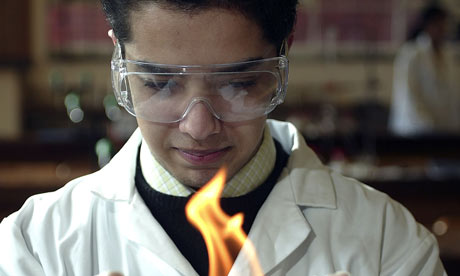Which Country Has the Best Education System in the World?

Which Country Has the Best Education System in the World?
- 1267
- 0 Comment
If you’re wondering which country has the best education system in the entire world, you’re not alone. Finland has been ranked number one since 2000 and is steadily improving its education system. With a system that is geared towards making students into better learners, thinkers, and people, Finland’s education system is one of the best in the world. The country is a model for other countries to emulate.
Australia
In Australia, secondary education is compulsory for students aged six to seventeen. Secondary education focuses on academic grooming, which includes research-based essay-writing, practical examinations, and the choice of a major. The university system has become accessible for a wider demographic. The education system is also regulated by the Australian Qualifications Framework, which is a unified system of national qualifications. This system ensures the quality of education for Australians, regardless of their background or ethnicity.
Finland
For example, in Finland, children start school at a young age and end it at age 16 – they never have to go through compulsory schooling. This system also allows children to develop new interests and choose a different path than what they originally planned. In addition, students in Finland are offered free higher education, which is part of the country’s constitutional mandate to promote equality. The only costs students will incur in college are for books, transportation, and school supplies. Financial aid is readily available for students in need.
South Korea
Despite the country’s high graduation rate and ranking as the best educated country in the world, there are some troubling trends in the education system. While the country has some of the world’s top schools, many of its graduates do not have the skills required for the workforce. The low birth rate and lack of job opportunities have led to a dramatic decline in high school graduates, which has resulted in drastic cuts in university enrollments.
Portugal
The Portuguese have a high quality education system. Children in Portugal are legally required to attend secondary school from the age of five to eighteen. The education system is overseen by the Ministry of Education. Secondary school consists of three years of education, which includes Grades 10, 11 and 12. The education system offers students several streams of study, including general, artistic, and vocational or technical courses. After completing secondary school, students can choose to continue their education at university or apply for a job.
Israel
Israeli schools have a unique innovation that allows students to take charge of their education. Students can elect to lead a movement that focuses on a social issue. In fact, Israel has the largest percentage of democratic schools in the world. Israel’s educational system also strives to improve student assessment. Students receive 70 percent of their grades from standardized final tests, while the other 30 percent come from customized teacher assessments. While many countries may look to standardized tests as an indicator of success, the Israeli educational system believes that relying on more customized teacher assessments is beneficial to the future of their country.
France
Public schools in France are secular and non-denominational, although private schools often are. Catholic schools actively promote Christian values. Public schools are free, as is higher education, with minimal tuition fees. Teachers are state civil servants. Private schools follow the national curriculum and pay nominal tuition fees. Children attend school every day, except Wednesday afternoons. Several studies have shown that French children are among the best educated in the world.
Netherlands
The Dutch education ecosystem is well-known for its top-notch institutions and progression of study in such a way as to prepare students for the working life. This includes both higher education and vocational education and training. Higher education in the Netherlands focuses on both research and profession-oriented studies, which in turn produces well-educated and skilled professionals in various fields. However, there are some disadvantages to the Dutch education system that may limit its appeal.
United Kingdom
Many foreign students opt for UK universities because of the quality of education, renowned teachers, and low fees. The United Kingdom’s educational system provides cultural diversity that broadens horizons and opens the eyes of the students. Teachers here emphasise the importance of cultural diversity and provide an education unlike any other. Moreover, British universities have been consistently ranked in the top ten best universities in the world.
Taiwan
A new law has been passed by the Taiwanese government requiring compulsory schooling for young people up to the age of 18. The 12-year plan was met with domestic opposition, but is still a political hot topic in Taiwan. Taiwan’s education sector is shared between public and private institutions, with public education accounting for the majority of schooling. Although private provision increased at lower school levels, it increased to 43% at senior secondary level and 63% at tertiary level.

